OPINION – You don’t have to think much to come up with three, annually (or in worst case scenarios, biannually) released franchises in gaming. Assassin’s Creed. Call of Duty. FIFA. Battlefield. Pro Evolution Soccer. And so on. Do we need this? Is it a good thing to see a new title every year?
Okay, I did exaggerate a bit with the two sports titles – these make sense to have a new game each year. Owners of the licenses can improve the rosters every year, having several improvements to the game added, changing the engine and so on: fans can enjoy the new season each year, whether it is MotoGP, Formula-1, basketball, soccer/football or MotoGP. But what about the other genres?
It didn’t start nowadays
Capcom was the first company that came to my mind: maybe they were the starters of this trend on consoles. Megaman. Between 1987 and 1993, six titles were made for the NES. Only one year is skipped (1989). Then they continued this trend with Street Fighter II, and since then, every SF game have seen at least two, if not more editions released.
Remember SF IV: vanilla, IV Super, IV Super Arcade, IV Ultra. And this is just one company! There was no worldwide internet available in the 80’s, early 90’s, not to mention DLCs or Hell, even consoles that would have supported DLCs.
To shoot or not to shoot
This annual thing seemed to have kicked into a new gear at the beginning of the previous console generation, around 2007. This was the first year with both the PlayStation 3 and the Xbox 360 becoming available worldwide. The game franchise, which has become notorious since then to have a new game out each year, is Call of Duty. The first episode was published in 2003, the sequel followed two years after, CoD 3 was out in 2006 on consoles only, and then came Modern Warfare in 2007. Since MW1, every single year has had a Call of Duty game.
Let’s jump over from Activision to Electronic Arts: they push Battlefield and Medal of Honor in the FPS genre… or at least, they were pushing the latter until 2012’s Warfighter, which was a sub-par game. So Battlefield: BF2 Modern Combat in 2005 for the PS2, 2008 had Bad Company for the PS3 (with the Frostbite engine by this point!), 2009: 1943 with Frostbite 1.5, 2011 had Battlefield 3, and don’t forget Medal of Honor in 2010 and 2012. Electronic Arts has something else seeing a very regular release, but I will get back to this later.
Assassin
Ubisoft also moved towards regular production with its Assassin’s Creed franchise, and if we count all handheld/mobile releases too, then they are already pulling this since 2007! (See how this year is turning out to be a key date?) After the first main game in 2007, II came in 2009, ’10 Brotherhood, ’11 Revelations, ’12 III and we are walking onto the current generation in ’13 with IV Black Flag. You can count 15 games in the series so far (let me remind you: since 2007), and Chronicles’ second chapter, India, might launch as well this year. Unbelievable.
But coming back to Electronic Arts, they are pushing Need For Speed since 1997 with little to no breaks since then. ’97 saw the launch of the second game, which continued up to 2000 with 5, Porsche Unleashed. 2001 is a break, but 2002 saw Hot Pursuit 2 and going up until 2010 (the reboot of Hot Pursuit ironically), every single year had a Need For Speed game for us. 2011 had Shift 2 Unleashed, but seeing how this strayed far away from the Need For Speed-style, we can skip this.
However, 2011 also had the launch of The Run, then 2012 came with the Most Wanted reboot, and we’re in the current-gen again with 2013’s Rivals. Nothing in 2014, but 2015 followed with another NFS reboot with no subtitle. Mind you, I did not even include any handheld games in my list for Need For Speed!
Is it too much?
So I mentioned a few franchises, which all seemingly run themselves into the ground due to having a very regular release. Is it a good thing for us? If we don’t want to see one studio burn themselves out with annual games, obviously you have to get another studio to get into the rotation. Activision is already doing so with CoD, as they have not only two but already three main studios for this franchise; 2014 saw the entrance of Sledgehammer, this year had Treyarch‘s turn, 2016 will have Infinity Ward’s game.
Speaking of CoD: I should mention the engine this franchise uses. Although it is called the IW engine, it still has traces from id Tech 3, which was made in 1999. Let’s not get into the argument about what is the point, from which you can call your engine new, but I think it’s worth mentioning that Activision is pinching their countless pennies on not developing a new engine from scratch.
(Remember THPS5? They rushed it out the door, and it looks like Activision won’t even bother with the prev-gen ports. They just wanted more money.) Activision has money to make a new engine, but they would miss out on the annual cash grab. EA already put together a new engine with DICE: they have Frostbite. Crytek also followed suit with their CryEngine. Call of Duty has become an eSport game – this year made it official to boot -, and several gamers just buy the game for the multiplayer only, even if the gameplay has strayed far, far from 2007’s Modern Warfare in recent years.
Throwing money out the window?
The regular releases usually mean tight deadlines, and that can result in actual, rushed products, which will all have bugs and complete lack of optimization. Remember last year’s Assassin’s Creed game, Unity! Also, have you noticed that this annual thing is mainly pushed by the big three publishers, namely Electronic Arts, Activision, and Ubisoft?
This means two things: one, they have a lot of money to throw at things (and Ubisoft is going to have a lot now, because Vivendi slowly buys themselves deeper into the French company. Vivendi was responsible for creating the gigantic Activision Blizzard, but they left their child behind in 2013.) Two, they want more and more money – successful games will all wind up getting sequels, but these will eventually end one day.
Endless cycle
At one point, the customers will be fed up with this trend. However, if gamers, who can afford to buy each game with season passes, DLCs, and all the jazz, will keep buying the new titles, if they are fans of that franchise.
While the games bring profit – and this is the most important for the publishers -, then there will be no stop. But eventually, 1983 might see a repeat. The video game crash might happen again. Because of the lust for money, there seems to be virtually zero technical improvements, and basics might be still the same, despite having moved a console generation forward in the previous years. While Activision racks up billions of dollars, Call of Duty will happen every single year.
Capcom, on the other hand doesn’t seem to do this; in fact, they announced that there will be only ONE release of Street Fighter V, and the other new additions can be unlocked by simply playing the game. Why? Simple: their financial status isn’t as strong as in previous decades.
A revolution should happen. A shift towards quantity from quality. Let’s face it, seeing an Assassin’s Creed and Call of Duty game every single year is boring. The costs of AAA video games are easily going into 8, yes, eight digits, and this might be a painful problem shortly.
We need change.
-V-

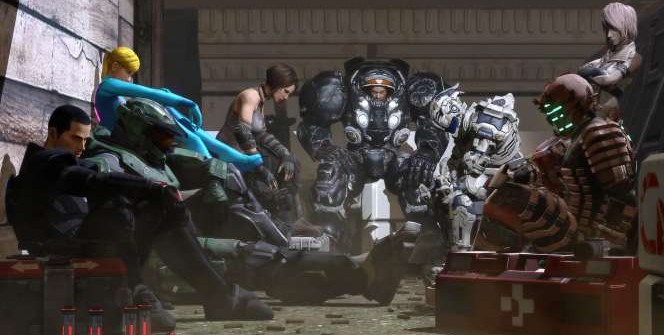
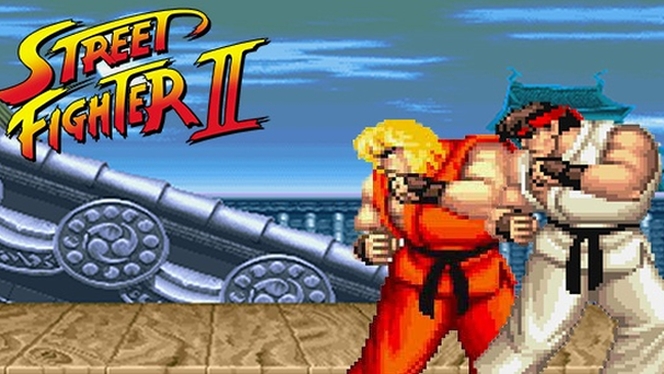

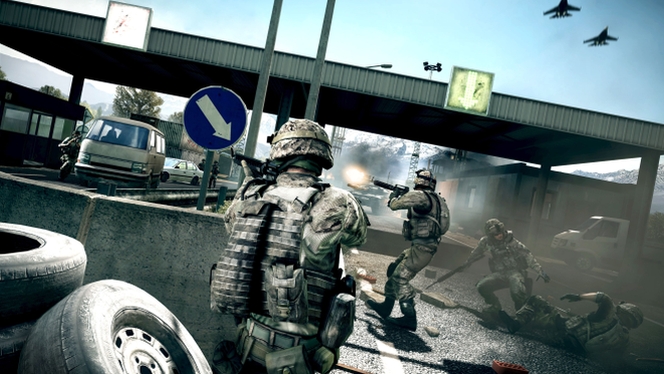
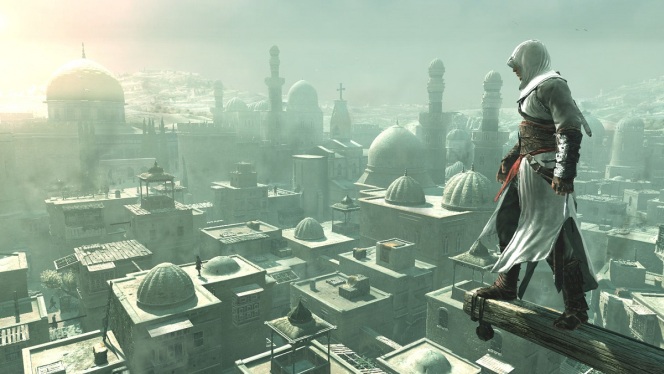
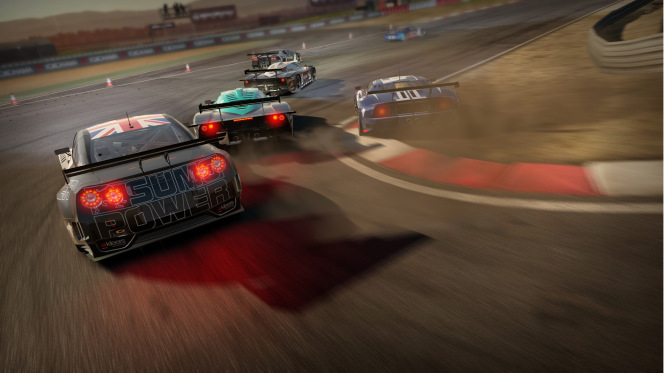
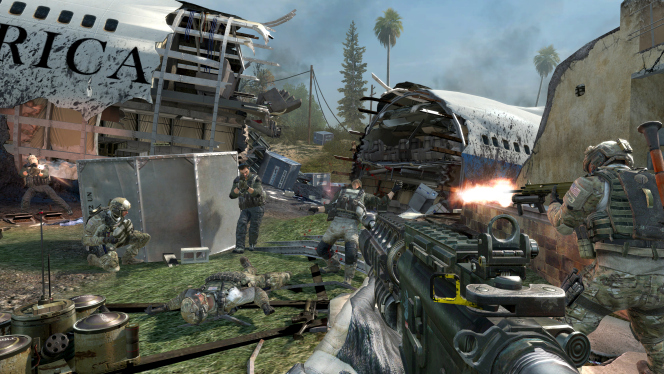

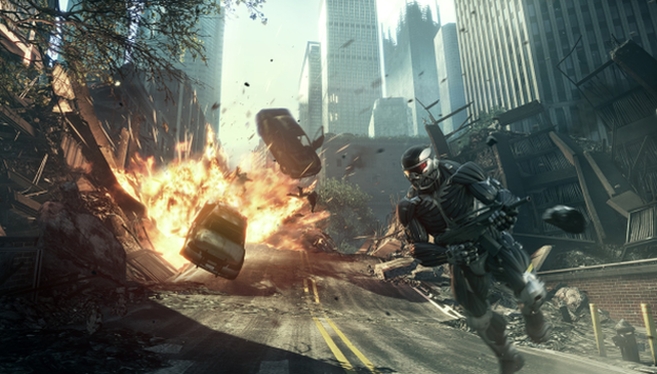

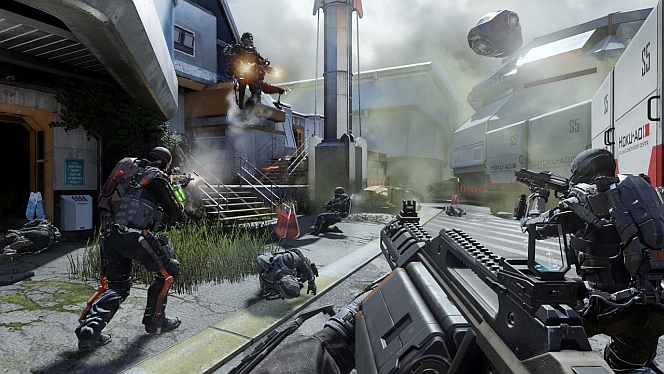














Leave a Reply